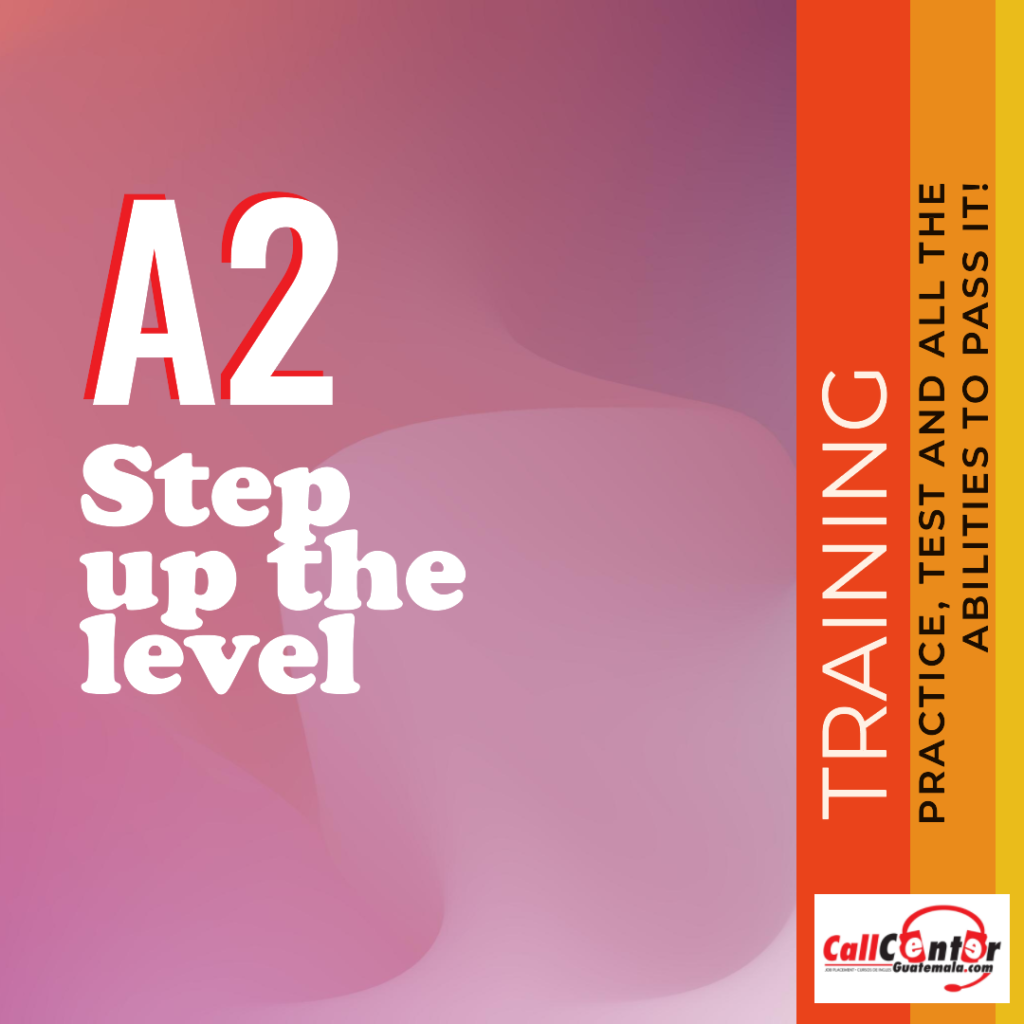Welcome to CEFR training, practice and TEST for level A2

A. Basic User:
A2 – Waystage or Elementary: Can communicate in simple and routine tasks requiring basic information exchange.
1- Expanded Vocabulary: Learn more everyday words and phrases related to various topics such as family, work, hobbies, and travel.
Example: Learn new verbs like “cook,” “travel,” “work,” and adjectives like “happy,” “tired,” “expensive.”
2- Basic Grammar Structures: Continue practicing simple sentence structures, and gradually add more complex ones, including past and future tenses.
Example: Practice forming sentences in the past tense like “Yesterday, I watched a movie.”
3- Conversational Phrases: Learn common conversational phrases to engage in simple interactions with others.
Example: Phrases like “How are you?” “What’s your name?” “Can you help me, please?”
4- Listening Comprehension: Listen to audio materials, podcasts, or beginner-level dialogues to improve your listening skills.
Example: Listen to short conversations and try to understand the main ideas.
5- Speaking Practice: Engage in conversations with native speakers or language partners to practice speaking confidently.
Example: Have short dialogues with your language partner using basic questions and responses.
6- Reading Practice: Read simple texts, articles, or children’s books to improve your reading comprehension and vocabulary.
Example: Read short articles about travel or hobbies to practice understanding the main points.
7- Writing Exercises: Write short paragraphs about yourself, your daily routine, or a recent event to enhance writing skills.Example: Write about a trip you took recently using past tense and descriptive words.
8- Cultural Awareness: Learn about the culture and customs of the language you’re learning to better understand expressions and etiquette.Example: Research greetings and customs in the target language’s culture.
9- Interactive Language Apps: Utilize language learning apps that provide interactive exercises, quizzes, and games.Example: Use language apps that offer vocabulary and grammar exercises for A2 learners.
10- Consistent Practice: Dedicate regular time to practice each day or several times a week to maintain steady progress.
Example: Set aside 20-30 minutes every day for language practice, including listening, speaking, reading, and writing.
Remember that language learning is a process that requires time and effort. Aim for consistency and balance in your practice. Track your progress and celebrate small achievements along the way. Embrace mistakes as learning opportunities and keep a positive attitude towards your language journey.
By focusing on these points and practicing regularly, you can make significant progress toward passing the A2 level in a shorter amount of time. Happy learning!

